Journalists: Leading the Fight for Human Rights Protection in Lesotho
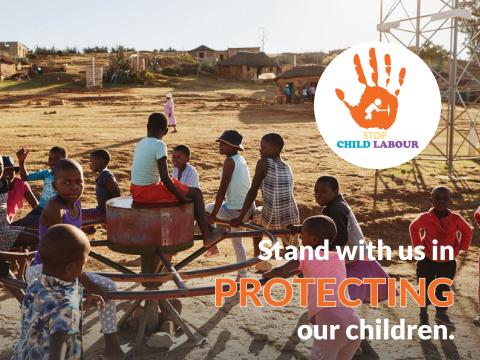
By: Lerato Brown, Communications and Marketing Manager, Lesotho
The Role of the Media in Defending Human Rights in Lesotho
In Lesotho, the media’s role in defending human rights is more crucial than ever. With support from the European Union, World Vision Lesotho recently hosted a comprehensive training session for journalists, empowering them as advocates for human rights. This initiative focused on key areas such as child protection, trafficking in persons (TIP), and the rights of persons with disabilities (PwD’s).
This training, funded by the European Union, aims to strengthen the capacity of media professionals to report on human rights violations, policy influence and amplify the voices of the most vulnerable in society.
Purpose and Objectives of the Training
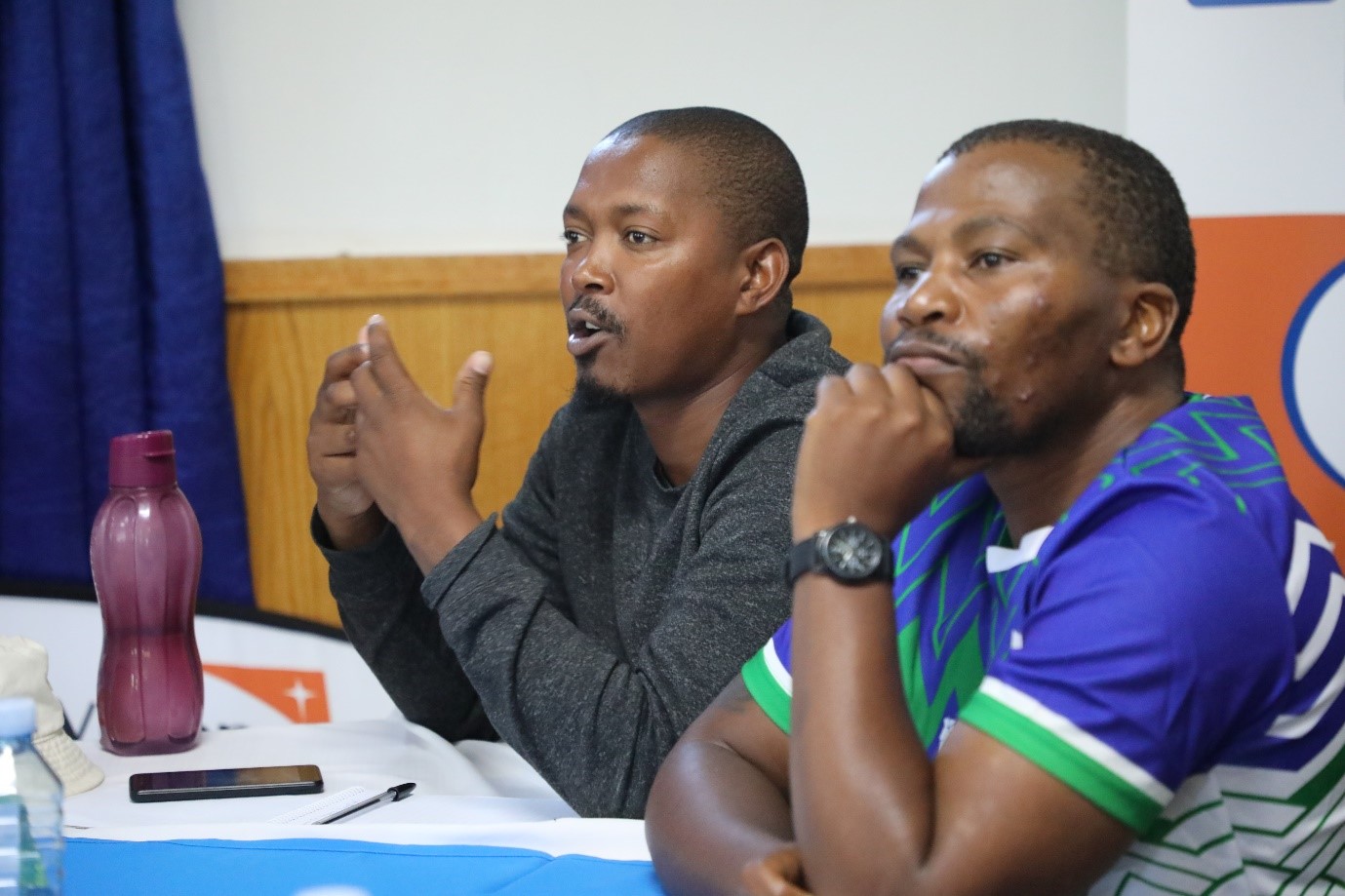
The primary goal of this training was to equip journalists with the skills and knowledge needed to report effectively on human rights violations, ensuring that their coverage brings attention to marginalized communities. By highlighting issues such as child labour, human trafficking, and the challenges facing people with disabilities, the media holds the power to shape public discourse, influence policy changes, and protect the dignity of the most vulnerable. Maseisa Ntlama, World Vision Lesotho’s Advocacy, Partnering, and External Engagement Lead, emphasized the critical responsibility of journalists: "Journalists are the gatekeepers of truth and accountability. Your responsibility is to shed light on injustices and protect the voices of the voiceless."
Understanding Child Labour
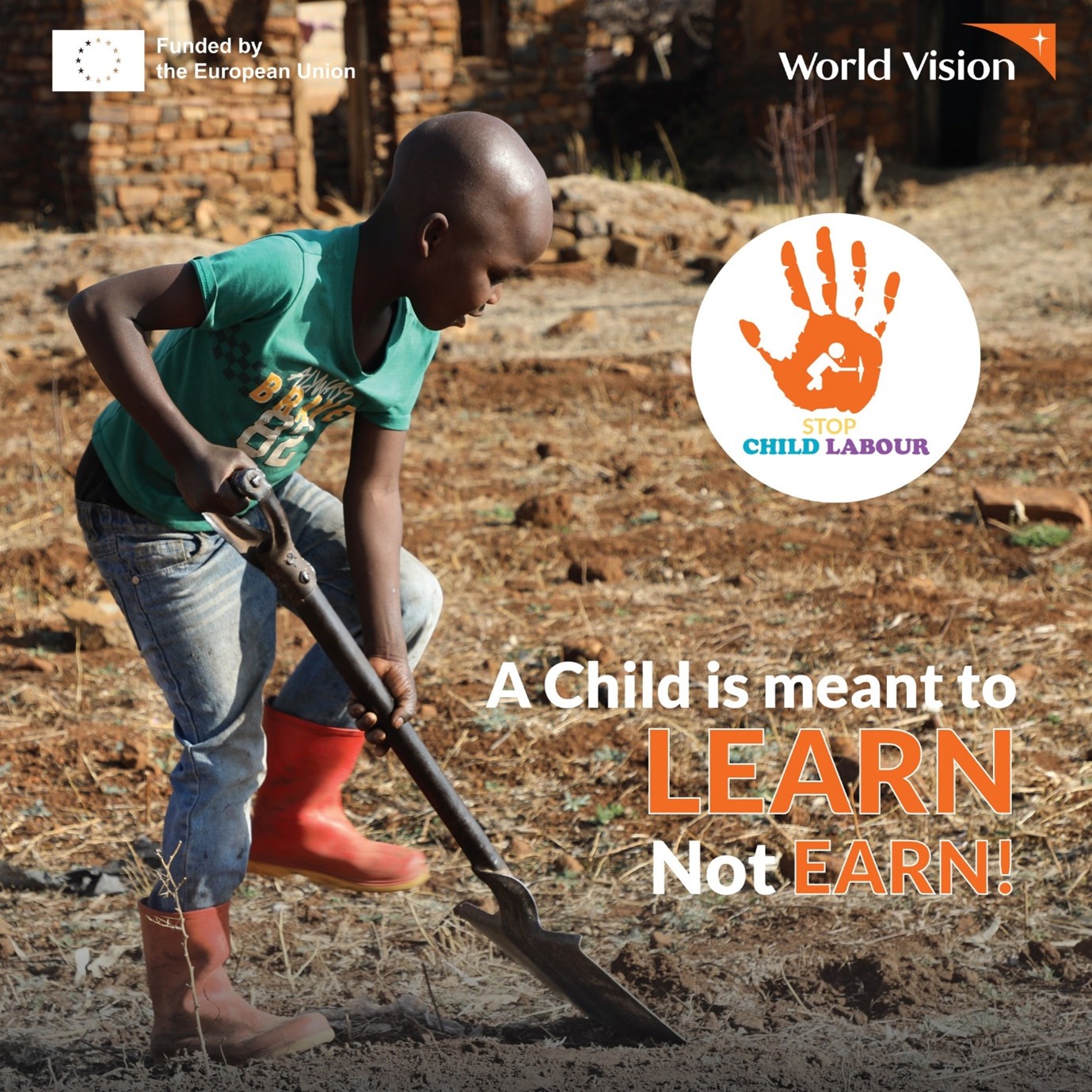
Child labour is a significant threat to the well-being of children, depriving them of their childhood, education, and dignity. Lesotho continues to face this issue, particularly in rural areas where economic hardship forces families into difficult situations. Mathabang Kose, Project Coordinator for the Accelerating Action for the Elimination of Child Labour and Forced Labour project, underscored the media’s role: "Child labour robs children of their right to education, safety, and a future. As journalists, you have the power to expose these issues and advocate for stronger protections."
Human Trafficking: A Critical Issue
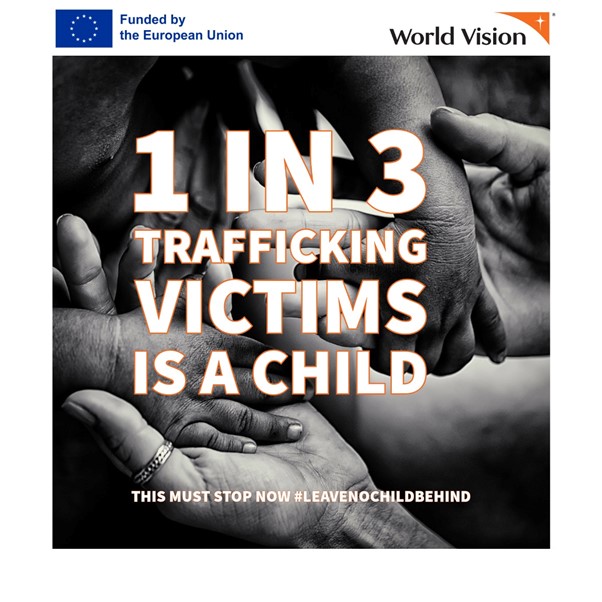
Human trafficking remains a grave violation of human rights. The Beautiful Dreams Society (BDS), a key partner in Lesotho’s fight against TIP, highlighted the importance of urgent media involvement. Puleng Maluleka, Managing Director of BDS, noted: "Our mission is to create a world where vulnerable and exploited people are restored and empowered to live beautiful lives. Journalists are our partners in this fight—by exposing human trafficking, you help prevent exploitation and bring perpetrators to justice." BDS, a Christian humanitarian organization, leads efforts to prevent human trafficking through protection, rehabilitation programs, and awareness campaigns. Their collaboration with various stakeholders is crucial in educating the public and supporting survivors.
Upholding Human Rights in Media Reporting
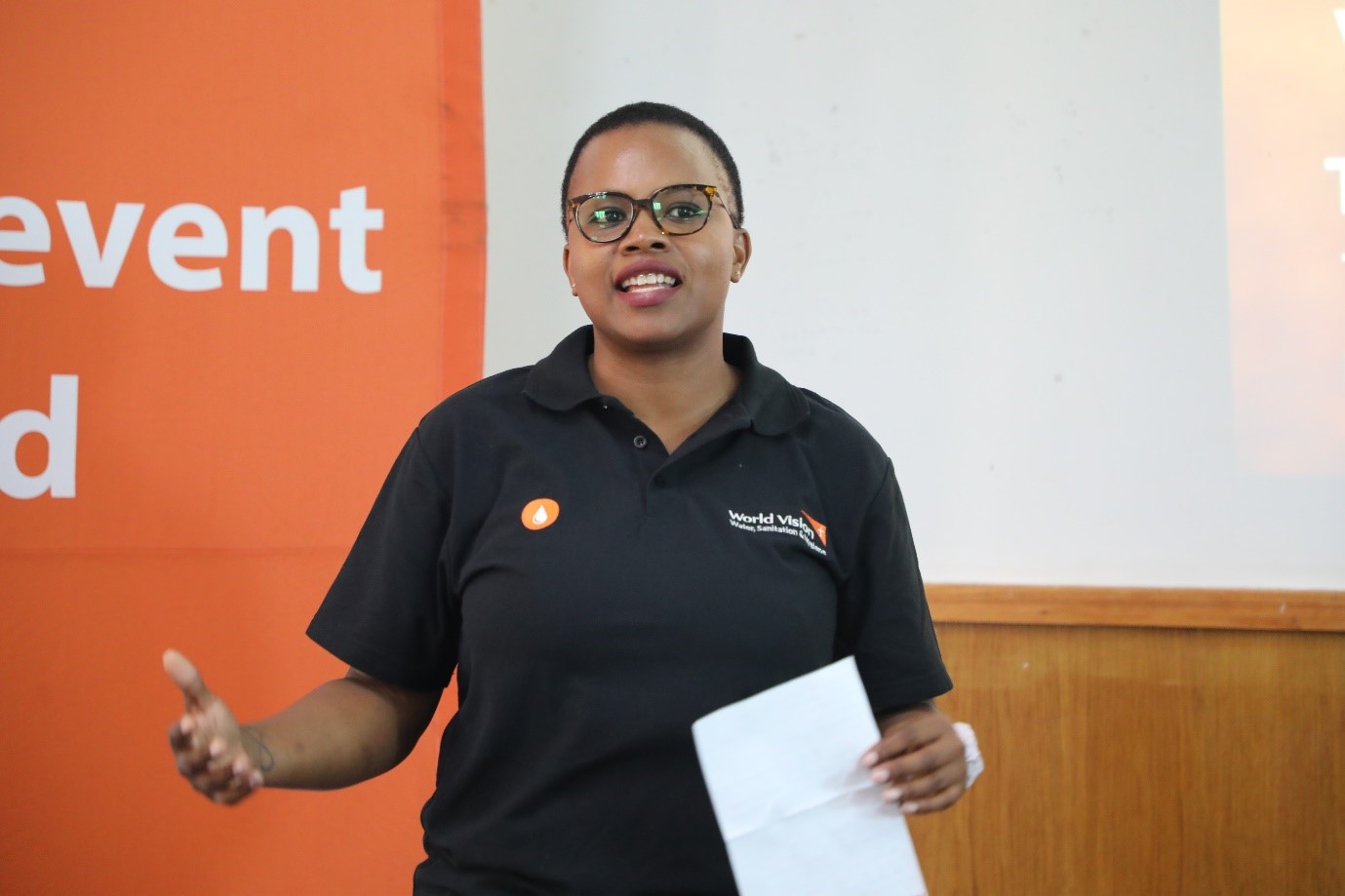
Journalists must exercise care when reporting on sensitive human rights issues. As Lerato Brown, World Vision Lesotho’s Communications and Marketing Manager, pointed out: "Media has a powerful influence on the public’s understanding of human rights, but we must prioritize safeguarding when telling these stories. Always report with dignity and respect for the people involved—do no harm."
The training emphasized that the media’s role in protecting children, victims of trafficking, and persons with disabilities is paramount. Sensitive reporting must meet the highest ethical standards, ensuring privacy and safety are never compromised. Motlatsi Taaka, Community Engagement and Sponsorship Plan Manager, reinforced this: "Protecting the identity and dignity of every person featured in our stories is essential. Safeguarding must always come first."
The Rights of Persons with Disabilities
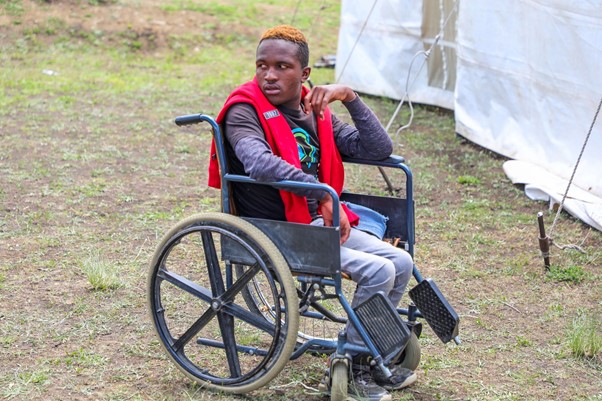
The Lesotho National Federation of the Disabled envisions a society that is inclusive of all individuals. Kopano Tsilonyana from the Federation shared: "We envision a Basotho society that is accessible and inclusive for all. People with disabilities must enjoy their rights on an equal basis, and the media plays a critical role in raising awareness and advocating for these rights." Journalists were urged to report on issues affecting persons with disabilities in a way that promotes inclusion and equality, using sensitive language and respectful imagery.
Child Protection and Reporting Mechanisms
The District Child Protection Team highlighted the media’s responsibility in protecting children from abuse and exploitation. "The media is essential in raising awareness about child protection, reporting violations, and driving policy changes that will safeguard the rights of children," said the team lead. The training covered case identification, reporting, and referral mechanisms, equipping journalists to report on child labour and abuse effectively and ethically.
The Media’s Role as Human Rights Advocates
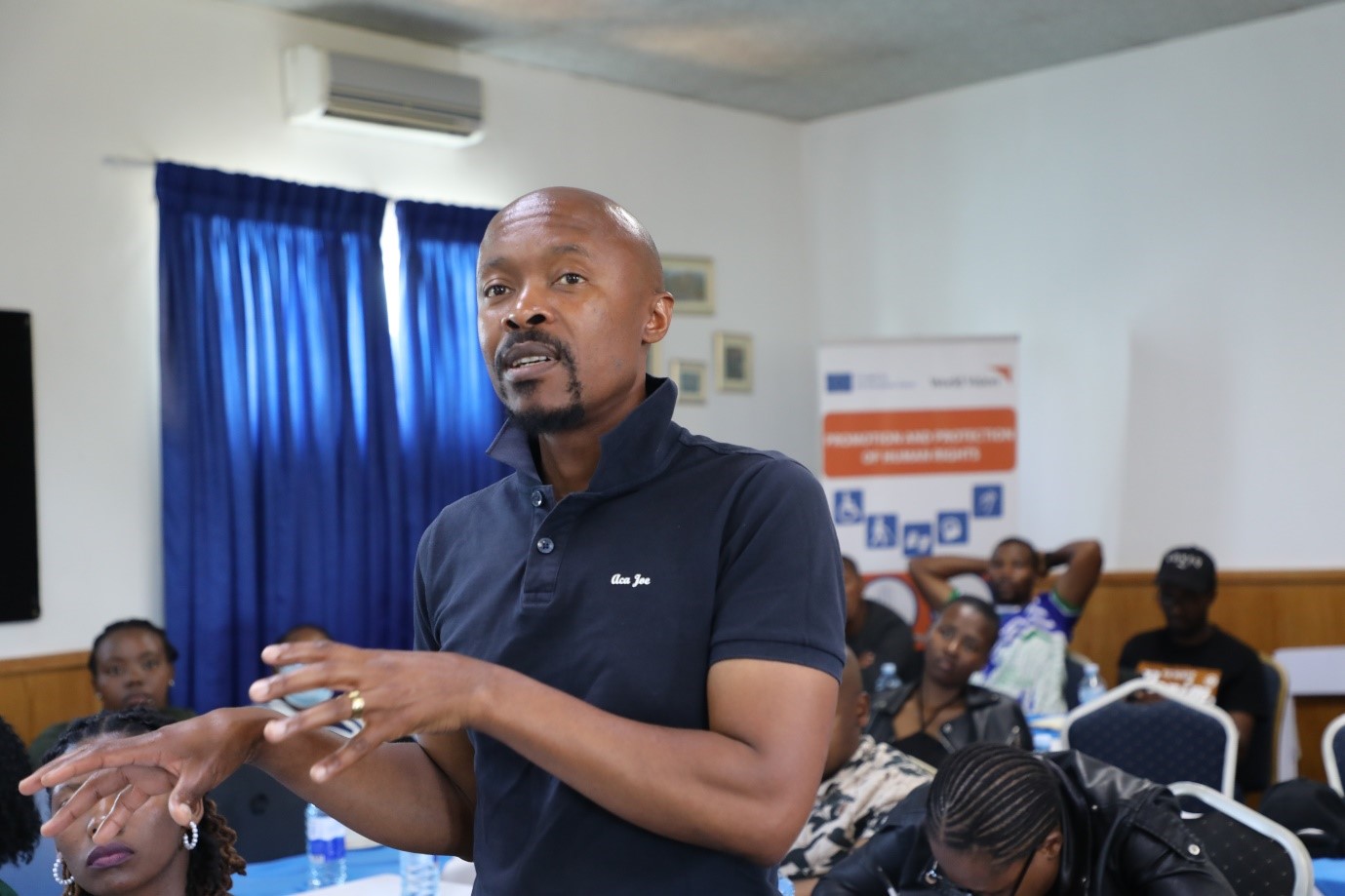
Journalists attending the training spoke about the significance of their role in advocating for human rights. Rapitso Rapitso from TV Lesotho said: "We are not just reporters; we are advocates. Our work can bring about real change for those who need it most, especially children and other vulnerable groups."
Reflecting on the challenges and opportunities in reporting on human rights; Journalists hold immense power in shaping public perception and driving policy. But we must balance this with our responsibility to report accurately, ethically, and sensitively.
Moving Forward: The Media as Champions for Change
The training concluded with a strong call to action. Moroesi Malebo, Project Coordinator for the Promotion and Protection of Human Rights, urged journalists to remain on the frontlines of defending human rights: "You are on the frontlines of this battle. Every story you tell can influence change, drive awareness, and most importantly, protect the most vulnerable members of society."
In a world where human rights are under constant threat, the media is a critical tool in safeguarding these rights. Responsible, accurate, and compassionate reporting can shine a light on injustice, educate the public, and hold power to account. This responsibility is great, but so is the opportunity to make a lasting impact.
Partnering with organizations such as World Vision, the Beautiful Dreams Society, the Department of Social Development, the Ministry of Labour, and the Lesotho National Federation of the Disabled, the media plays an instrumental role in creating a future where human rights are protected, and every person is treated with dignity and respect.
As Lerato Brown concluded: "The media is more than a messenger; it is a catalyst for change. Together, we can protect human rights and create a world where every person has the opportunity to live free and with dignity."
This training marks a crucial step in empowering journalists to fulfil this role, ensuring the fight for human rights continues—and that it will be won on all fronts.